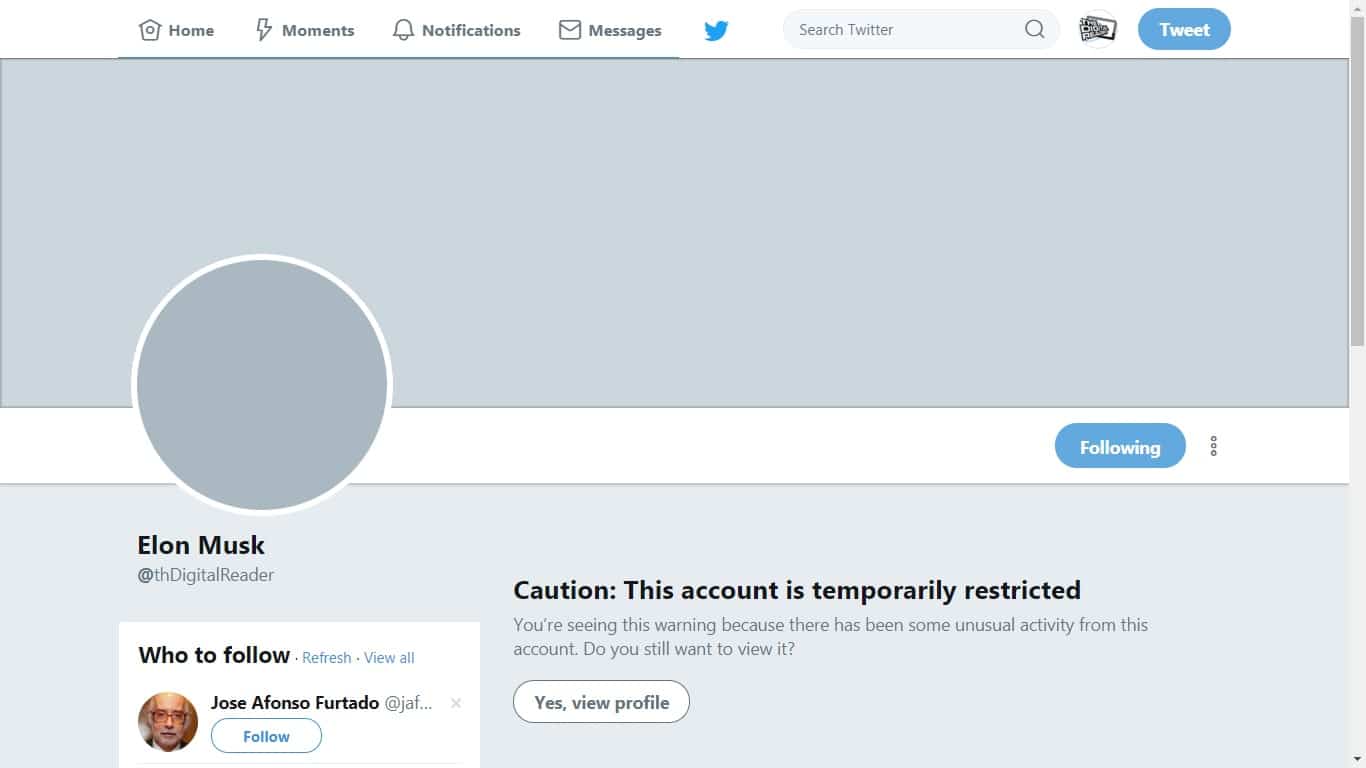Inkling Raises $16 Million, Doubles Down on a Tepid Market
The digital textbook maker extraordinaire Inkling announced this morning that they’ve completed a new round of funding. They’ve picked up another $16 million in capital from Sequoia Capital and other existing investors, including, Felicis Ventures, Tenaya Capital, and JAFCO Technology Partners.
It’s not clear how Inkling plans to use the funds, though they did say that "Inkling will use the capital to further establish itself as a destination for the world’s best interactive books." Yeah, there isn’t much of a market for interactive books outside of digital textbooks, so I don’t know what that is supposed to mean.
This is at least their 3rd round of funding. They had previously raised $33 million in funding in two rounds as well as $20 million in debt (the amount Inkling raised in its August 2010 Series A round has not been disclosed).
One conclusion we can reach is that Inkling is still not yet able to fund expansion from current revenue. I would suppose that this is the conclusion Inkling was hoping to distract us from when they also announced new deals with existing publishing partners Elsevier and Pearson (also an investor).
I’m not surprised.
The thing about Inkling is that they’re continuing to invest in a market that would best be described as fizzling. A recent report from the BISG (the one I reported on earlier today) shows that only 7.1% of students listed digital textbooks as their first choice, a pattern which is very different from that of consumers buying books for their own use, where a majority of the heavy book buyers prefer digital over print. That BISG report also showed that faculty reported seeing a decrease in the use of the core digital textbooks like the ones made by Inkling.
It’s been nearly 6 years since the launch of the Kindle and while the ebook market is seeing a fair amount of adoption by consumers (an estimated 21% of book sales in US in 2012), the digital textbook market has grown at a snail’s pace. It’s barely been affected by the launch of the Kindle in 2007 (I have a digital textbook on the Kindle) or the Kindle DX in 2009. That latter device was supposed to ignite the digital textbook market, as you might recall.
And even the iPad doesn’t seem to have had a significant effect on students buying more digital textbooks. Sure, students are using more digital content, but they’re not necessarily buying digital textbooks (like the ones made by Inkling).
Inkling is investing in a market where the suppliers are far more enthusiastic than the customers. That does not strike me as a good opportunity for further growth, not unless the plan is to force students to adopt digital textbooks.
Inkling currently offers around 650 titles and sells them by the chapter or as a complete textbook. The textbooks are available via the Inkling app for iPad or iPhone, or the web browser.
In other news, Inkling has also announced several new additions to senior management. Hema Padhu is joining Inkling as the VP of Marketing, a role she had previously filled at ModCloth. Gus Gostyla, the new VP of Business Development, just left a similar job at Flipboard. And Stephane Panier is now VP of Finance and Operations at Inkling and has held similar positions at analytics start-up GoodData and Google.

Comments
AKB July 17, 2013 um 12:26 pm
Regarding the tepid market, I would argue that it has less to do with user desires and more with the publishers' inability to produce a good product. Having been a user for digital textbooks as well as a content producer for them, I can definitely say that user adoption (or lack thereof) has a lot to do with the fact that the publishers have not been able to release a quality product. In my mind, a digital textbook has to be sold at a lower price point AND offer a significant advantage over print textbooks. Nobody has been able to do that up to this point. Part of the reason that Inkling hasn’t seen meteoric growth at this point is that it’s essentially incomplete at this point. It’s mostly complete, but not totally. As a result, publishers can’t fully utilize it and therefore consumers can’t fully experience a good digital product. Without this linkage I don’t think the digital textbook market is quite ready to "take off."
AKB July 17, 2013 um 12:27 pm
pardon some of the typos and grammatical inconsistencies
Kno Sold for $15 Million – Does This Doom the Rest of the Market? – The Digital Reader November 11, 2013 um 9:24 pm
[…] well for the digital textbook market or other startups in this niche. Inkling, for example, just raised $20 million dollars this summer in order to compete in a market that murdered one of their […]